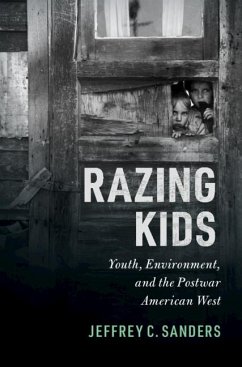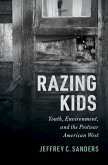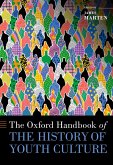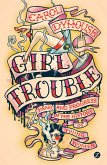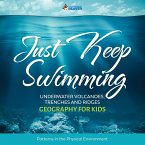Children are the future. Or so we like to tell ourselves. In the wake of the Second World War, Americans took this notion to heart. Confronted by both unprecedented risks and unprecedented opportunities, they elevated and perhaps exaggerated the significance of children for the survival of the human race. Razing Kids analyzes the relationship between the postwar demographic explosion and the birth of postwar ecology. In the American West, especially, workers, policymakers, and reformers interwove hopes for youth, environment, and the future. They linked their anxieties over children to their fears of environmental risk as they debated the architecture of wartime playgrounds, planned housing developments and the impact of radioactive particles released from distant hinterlands. They obsessed over how riot-riddled cities, War on Poverty era rural work camps and pesticide-laden agricultural valleys would affect children. Nervous about the world they were making, their hopes and fears reshaped postwar debates about what constituted the social and environmental good.
Dieser Download kann aus rechtlichen Gründen nur mit Rechnungsadresse in A, B, BG, CY, CZ, D, DK, EW, E, FIN, F, GR, HR, H, IRL, I, LT, L, LR, M, NL, PL, P, R, S, SLO, SK ausgeliefert werden.

